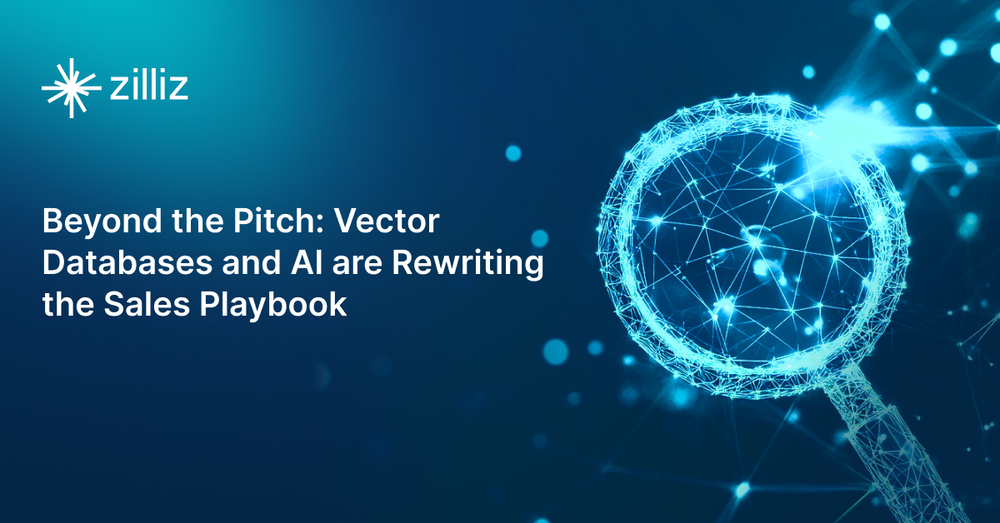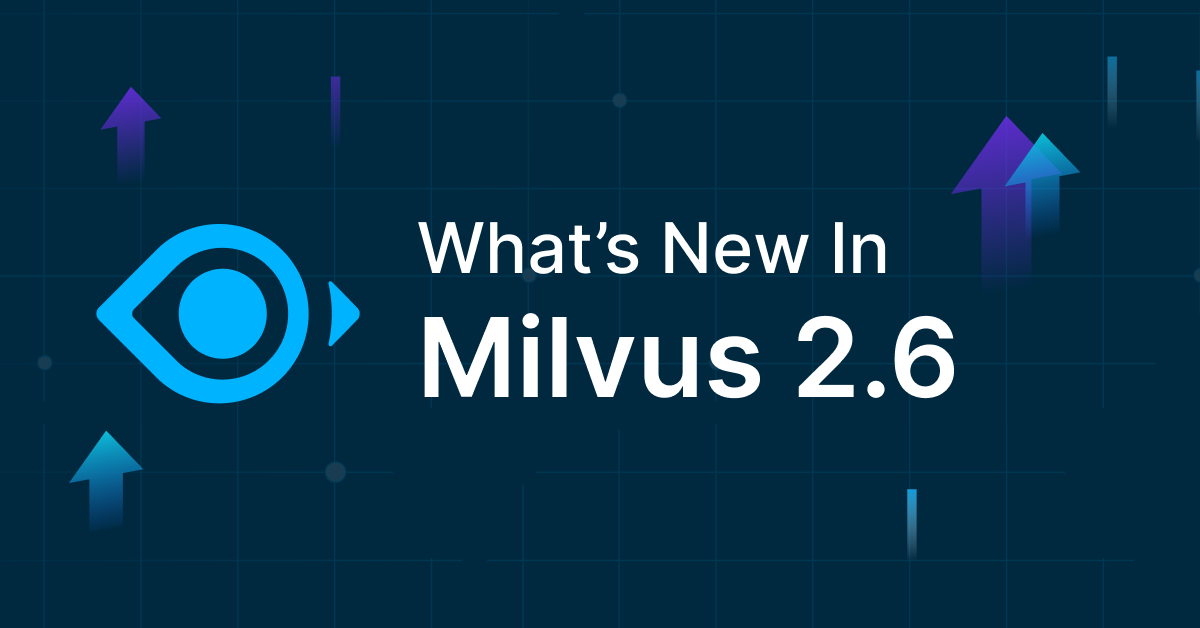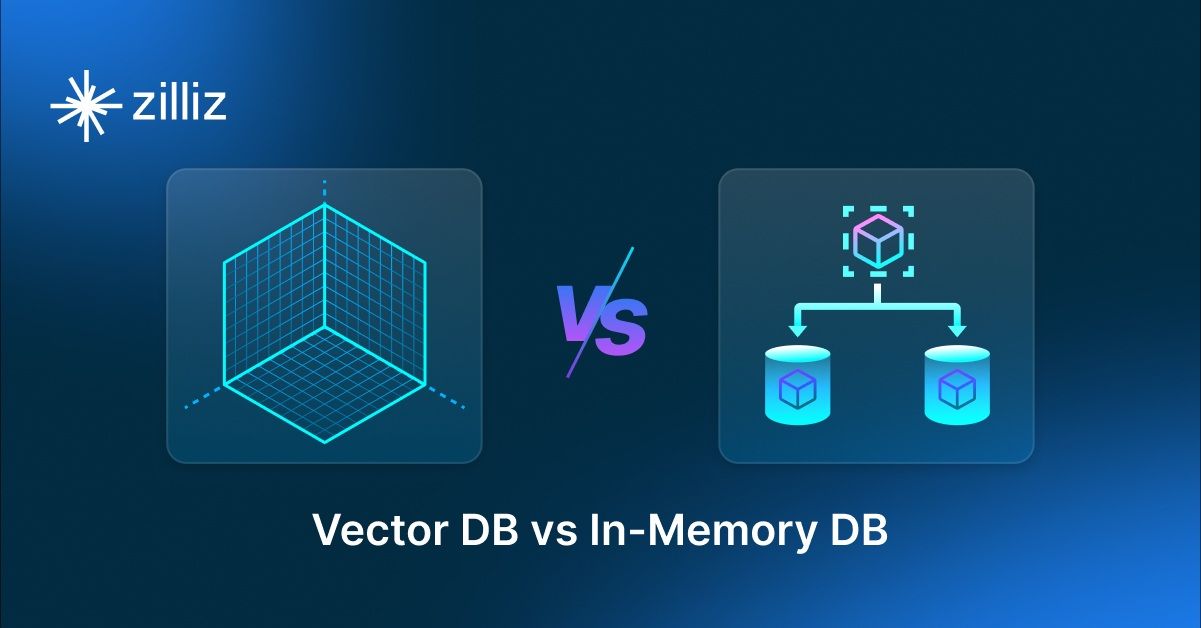Beyond the Pitch: Vector Databases and AI are Rewriting the Sales Playbook

Introduction: AI's Growing Role in Sales Platforms
Sales is undergoing a seismic shift. Once driven by gut instinct and rigid workflows, today’s sales processes are increasingly powered by AI. Traditional systems, built on structured data and rule-based logic, struggle to keep pace with the complexity of modern sales interactions. Developers building sales platforms must bridge this gap by integrating AI technologies like large language models (LLMs) and vector databases to create intelligent, scalable, and highly personalized sales experiences.
The impact of AI in sales is undeniable. According to a survey conducted by HubSpot, companies adopting AI-driven sales platforms report a 35% increase in conversion rates and a 25% reduction in time spent on lead qualification. Yet, sales teams still lag behind their marketing counterparts in AI adoption. While 43% of sales professionals now use AI in 2024 (up from 24% in 2023), marketing adoption has soared to 74%. The gap highlights a critical opportunity—sales teams that fail to embrace AI risk being left behind.
Current State & Challenges in AI Sales Platforms
Sales teams today are drowning in data. Every interaction—emails, calls, CRM entries, customer support tickets—holds valuable insights. Yet, despite having more digital tools than ever before, many teams struggle to translate this data into meaningful engagement and higher conversions. The promise of AI-driven sales strategies is clear, but inefficiencies in current systems prevent teams from scaling effectively.
For developers building modern sales platforms, the roadblocks are just as apparent.
The Data Problem: Fragmentation and Complexity
Sales data isn’t neatly packaged—it’s scattered across CRMs, inboxes, support platforms, and countless other tools. Much of it is unstructured, buried in freeform text and conversational threads. Extracting actionable insights from this chaos is no small feat. Traditional databases, built for structured records, fail to capture the nuanced relationships within sales interactions.
Even existing AI-driven tools struggle with rigid keyword-based searches. Without context-aware AI, platforms miss critical insights, such as identifying pricing concerns when a prospect expresses hesitation about “budget” instead of explicitly mentioning “cost.”
The AI Challenge: More Than Just Plug-and-Play
Integrating AI into existing sales workflows isn’t as simple as flipping a switch. It requires deep technical expertise, robust infrastructure, and the ability to process vast amounts of unstructured data in real time. Sales teams need AI that can analyze interactions, surface the right context, and generate recommendations instantly—without slowing them down.
Many AI-powered sales tools still rely on rule-based detection and keyword tracking, limiting their ability to detect intent and sentiment. To unlock AI’s full potential, sales platforms must move beyond basic automation and embrace intelligent, vector-powered search and retrieval.
Future State: How AI & Vector Databases Help
Sales teams today face growing complexity—more data, more touchpoints, and higher customer expectations. AI Sales Automation is transforming how businesses approach these challenges, optimizing tasks, generating insights, and personalizing interactions at scale. By integrating AI-driven tools and vector databases, developers can create more intelligent, efficient sales workflows. Key advancements include:
Semantic Search for Lead Matching – Traditional search relies on exact keyword matches, but sales conversations are rarely so predictable. Vector databases like Zilliz Cloud enable intent-based searches, allowing sales teams to find relevant leads even when terminology varies. Instead of searching for specific words, AI understands semantic meaning, surfacing the most relevant prospects.
AI-Powered Lead Scoring & Recommendations – Machine learning algorithms analyze vast amounts of customer data—demographics, online behavior, and past interactions—to refine lead prioritization. AI-powered scorecards not only predict conversion likelihood but also flag at-risk deals, ensuring sales teams focus their efforts where it matters most. By leveraging large language models (LLMs), AI can even recommend the best follow-up actions based on engagement patterns and deal history.
Automated Sales Workflows – AI-driven assistants streamline qualification, scheduling, and outreach, handling repetitive tasks so sales reps can focus on high-value conversations. Natural language processing (NLP) enables chatbots to engage with prospects, qualify leads, answer FAQs, and schedule demos—ensuring 24/7 availability and faster response times. This automation leads to improved lead conversion rates and a more consistent buyer experience.
Scalable Personalization – Generic outreach no longer works. Generative AI dynamically crafts tailored messages, product recommendations, and sales proposals based on previous interactions. This level of hyper-personalization increases engagement and response rates, making every interaction feel relevant and meaningful.
Real-Time Sales Intelligence – Predictive analytics powered by AI can uncover buying signals and emerging trends before they become obvious. Deep learning models detect behavioral changes—such as reduced engagement or shifts in purchase patterns—to identify potential churn risks early. Sales teams can act proactively instead of reactively, engaging prospects at the right moment with the right message.
Beyond trend analysis, AI is transforming sales coaching. NLP-powered tools analyze call transcripts and customer interactions, identifying areas for improvement in objection handling, pricing discussions, and deal progression. Sentiment analysis further enhances these insights by evaluating a prospect’s tone and language, helping sales reps refine their approach in real time.
AI as the New Sales Playbook
With the rise of context-aware AI trackers, sales platforms can now map conversations to structured methodologies, ensuring consistency in execution and forecasting. AI-driven coaching tools and automation are redefining every aspect of the sales cycle, from lead generation to customer retention.
Sales teams that embrace AI-powered automation, vector search, and predictive intelligence will gain a significant competitive advantage. The ability to optimize workflows, personalize engagement, and anticipate customer needs will set the next generation of sales leaders apart. The future of sales is AI-driven, and developers hold the key to making it a reality.
Benefits of AI in AI Sales Platforms
As sales teams navigate an increasingly data-driven landscape, AI-powered solutions provide a competitive edge by optimizing every stage of the sales process. AI processes vast amounts of data in real time, equipping sales teams with actionable insights when they need them most. By identifying patterns in customer interactions, AI-powered tools help prioritize leads, optimize outreach timing, and forecast deal outcomes with greater accuracy.
Beyond intelligence, AI brings automation, eliminating repetitive tasks and freeing sales teams to focus on strategic initiatives. AI-powered chatbots, driven by natural language processing (NLP), provide 24/7 support, answer customer questions, and even book meetings—ensuring no opportunity slips through the cracks. This automation leads to higher conversion rates and a more consistent buyer experience.
Hyper-personalization further enhances engagement by dynamically tailoring messaging, product recommendations, and outreach strategies based on buyer behavior. AI-driven analytics uncover emerging trends and underserved customer segments, allowing sales teams to anticipate customer needs rather than react to them.
AI isn’t just optimizing external interactions—it’s improving internal sales processes as well. AI-driven coaching tools analyze sales conversations, identifying areas for improvement and providing real-time feedback. Sentiment analysis enhances these insights by evaluating prospect responses, helping sales teams refine their approach to close more deals.
With AI-driven automation, predictive intelligence, and vector search, sales teams can work smarter—not harder—to drive revenue growth, improve efficiency, and stay ahead of the competition.
Case Study: Salesforce Leverages Milvus for AI-Powered Sales Tool
Salesforce, a global leader in customer relationship management (CRM), sought to enhance its sales tools to be AI-powered and deliver smarter, faster, and more personalized customer experiences. With the rise of generative AI and the need for intelligent recommendations, Salesforce integrated Milvus, an open-source vector database, into its Agentforce platform. Milvus enables seamless handling of massive vectorized datasets, crucial for powering advanced AI capabilities like Retrieval-Augmented Generation (RAG). This integration improved the platform's ability to retrieve and process relevant data in real-time, providing sales agents with highly accurate, context-driven insights to optimize customer interactions and close deals faster.
By adopting Milvus, Salesforce elevated the performance of its Einstein AI tools, including predictive analytics and generative AI models. Milvus' robust vector indexing and high scalability allowed Salesforce to handle billions of data points while maintaining sub-second query latencies. This capability proved essential for analyzing unstructured data, such as emails, call transcripts, and product usage patterns, to surface actionable recommendations. As a result, Salesforce’s AI-powered sales tools became a game-changer for its customers, enabling them to make data-driven decisions, improve customer engagement, and drive revenue growth efficiently.
You can read more about their solution in this blog.
Recommendations for Developers
To successfully integrate AI and vector search into sales platforms, developers should:
Embed AI into Existing CRMs – Ensure AI enhances current workflows rather than replacing them.
Use Vector Search for Lead Insights – Move beyond keyword-based matching for better lead discovery.
Automate Repetitive Tasks – Implement AI-driven assistants to handle routine sales processes.
Optimize AI Models Continuously – Monitor and refine models based on real-world data.
Select the Right Infrastructure – Choose scalable solutions like Zilliz Cloud for efficient vector search.
How Zilliz Cloud Helps
Zilliz Cloud provides a high-performance, enterprise-ready vector database tailored for AI-driven sales platforms. With scalable vector search, hybrid search capabilities, and real-time analytics, Zilliz Cloud empowers sales teams to:
Improve lead matching accuracy with semantic search
Scale AI-powered sales insights across millions of prospects
Deploy real-time recommendation engines for hyper-personalization
To see how Zilliz Cloud can transform your sales platform, sign up for a free trial today.
AI-driven sales platforms are not just the future—they’re the present. Companies that embrace AI and vector databases will gain a competitive edge, unlocking new levels of efficiency, accuracy, and customer engagement. Don’t get left behind—start your AI sales transformation today!
- Introduction: AI's Growing Role in Sales Platforms
- Current State & Challenges in AI Sales Platforms
- Future State: How AI & Vector Databases Help
- Benefits of AI in AI Sales Platforms
- Case Study: Salesforce Leverages Milvus for AI-Powered Sales Tool
- Recommendations for Developers
- How Zilliz Cloud Helps
Content
Start Free, Scale Easily
Try the fully-managed vector database built for your GenAI applications.
Try Zilliz Cloud for FreeKeep Reading

Zilliz Cloud Delivers Better Performance and Lower Costs with Arm Neoverse-based AWS Graviton
Zilliz Cloud adopts Arm-based AWS Graviton3 CPUs to cut costs, speed up AI vector search, and power billion-scale RAG and semantic search workloads.

Democratizing AI: Making Vector Search Powerful and Affordable
Zilliz democratizes AI vector search with Milvus 2.6 and Zilliz Cloud for powerful, affordable scalability, cutting costs in infrastructure, operations, and development.

Vector Databases vs. In-Memory Databases
Use a vector database for AI-powered similarity search; use an in-memory database for ultra-low latency and high-throughput data access.
